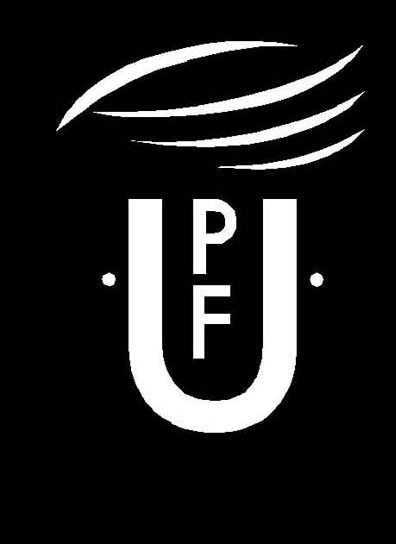Identificación de selenoproteínas en protistas
Brugada V, Frías S, Fuentes P, García C.
The main characteristic of selenoproteins is the presence of a selenocysteine amino acid residue, which is identical to cysteine but instead of incorporating a sulphur atom, it presents selenium. Selenocysteine is encoded by the UGA codon, which usually codes for a stop codon. The aim of this project focuses on the research of three families of selenoproteins (SelN, SelR and SelT) and their homologous with cysteine-containing in the genomes of a group of protists recently published. Thus, the protein sequences of these selenoproteins have been downloaded from SelenoDB database. Furthermore, we have used software tools such as BLAST, Exonerate, Genewise, TCoffee and SECISearch; to search for hits of our queries with the genomes of protists. Finally, we have identified selenoprotein T in the genome of C. fasciculata, T. congolense, L. donovani y F. cylindrus. In addition, we have found homologous with cysteine-containing of selenoprotein R family in all protists, however, we have not found them in A. rara, G. niphandrodes y P. polycephalum.
Resumen
Las selenoproteínas se caracterizan por incorporar un residuo de selenocisteína, aminoácido idéntico a la cisteína pero que incorpora selenio en lugar de azufre. La selenocisteína viene codificada por el codón UGA, que normalmente codifica para un stop. El objetivo del siguiente proyecto se centra en la búsqueda de tres familias de selenoproteínas (SelN, SelR y SelT) y sus homólogos con cisteína en los genomas de un grupo de protistas recientemente publicados. Para ello, se han obtenido las secuencias proteicas de dichas selenoproteínas en la base de datos SelenoDB. A continuación, para realizar una búsqueda de coincidencias entre las secuencias problema con los genomas de los protistas, se han utilizado las herramientas informáticas BLAST, Exonerate, Genewise, TCoffee y SECISearch. Finalmente, se han identificado selenoproteínas T en el genoma de C. fasciculata, T. congolense, L. donovani y F. Cylindrus. Además, hemos encontrado homólogos con cisteína de la familia de las selenoproteínas R en todos los protistas excepto en A. rara, G. niphandrodes y P. Polycephalum.
Reloj
